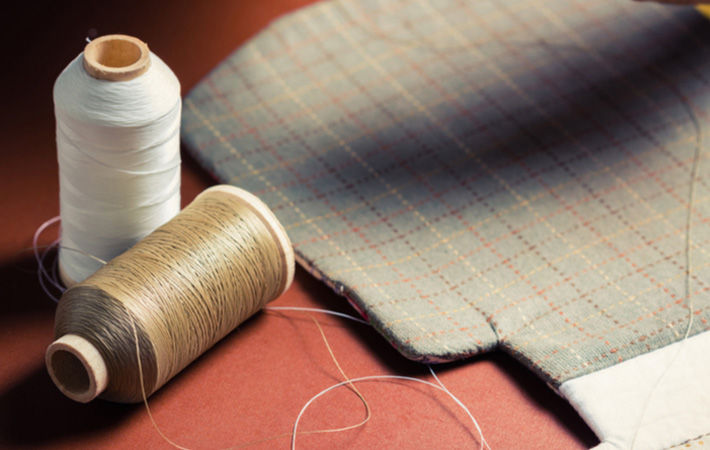
These issues were recently highlighted by experts and participants at the launch of 'Securing green transition of the textile and readymade garments sector in Bangladesh' in Dhaka.
The Centre for Policy Dialogue (CPD) and Sweden Sverige jointly launched the programme with the objective to help enhance environmentally sustainable and climate-neutral growth in Bangladesh with productive employment opportunities for women and youth.
CPD executive director Dr Fahmida Khatun moderated the programme, while chairman of standing committee on Ministry of Environment, Forest and Climate Change Saber Hossain Chowdhury MP was present as the chief guest.
Fazlul Hoque, managing director of Plummy Fashions Ltd, said the highest platinum-rated green knitwear factory in the world is located in Narayanganj, but he is not getting premium prices from retailers and brands.
Entrepreneurs have invested 30 per cent more in setting up green garment factories. They are not forced by the law or pushed by the buyers, but they have done it to brighten the image of the industry and the country, he was quoted as saying by Bangladeshi media reports.
"It is nearly impossible to convince the buyers to pay extra two cents for garment items, produced in a green and environment-friendly factory," Hoque said, adding the 2 per cent corporate tax rebate for green factories is not sufficient.
Demanding a green policy, he said the available Green Fund remained untouched due to stringent requirements.
Bangladesh Knitwear Manufactures and Exporters Association (BKMEA) Executive President Mohammad Hatem said absence of access to green finance loans, especially for medium-category factories, and long payback time are barriers to embrace sustainable manufacturing practices.
Fibre2Fashion News Desk (DS)